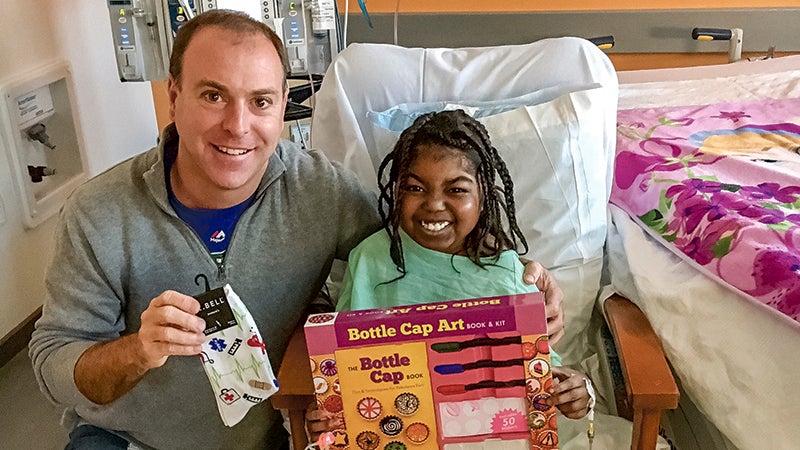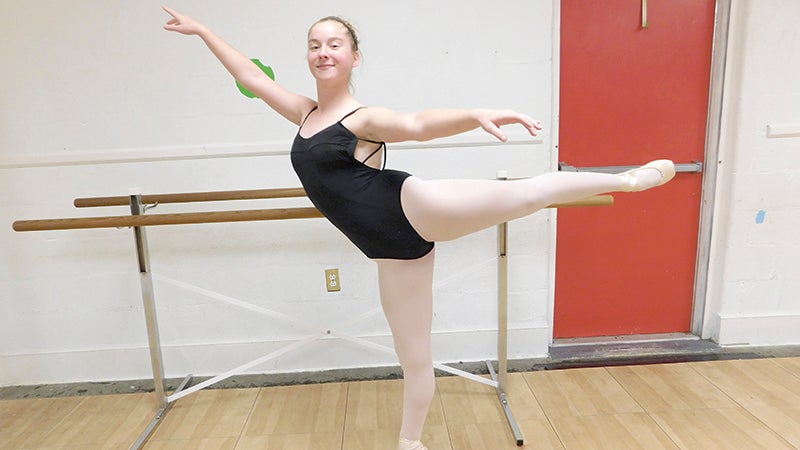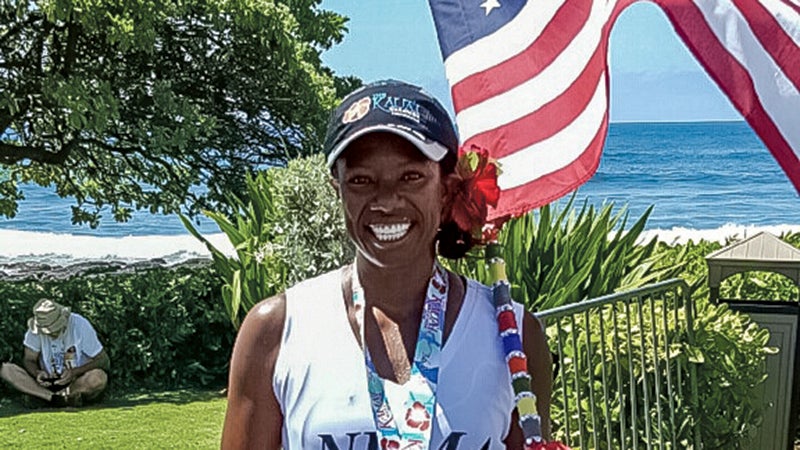A purr-fect home
Published 10:46 pm Friday, June 20, 2014

At the Animal Clinic of Eagle Harbor on Friday, Victoria Rusu, assistant to the CEO of Operation Smile, the Virginia Beach-based charity that provides free surgeries to fix cleft palates and lips in children, meets her new kitten, Penelope, who has a cleft lip.
When rescue kitten Penelope came to Animal Clinic of Eagle Harbor, she soon proved she wasn’t going to let her cleft lip get her down.
The gray tabby, born to a feral mom and fostered several times, is an “absolute love bug,” hospital manager Ellen Norris said.
Despite her unique smile, she can eat and drink on her own. With no front teeth, it just takes Penelope a little longer than it does other kittens, according to Norris.
“She might be one of the sweetest little kittens we have ever had,” she said.
But finding a forever home for Penelope presented a challenge. Whenever she went to a new foster home, they wanted to keep her “because she was different,” Norris said.
The clinic wanted to find someone more appropriate. Veterinarian Beth McCrary had an idea.
“Wouldn’t it be great if someone from Operation Smile adopted her?”
Operation Smile is the Virginia Beach-based charity that goes to underserved regions of the world to repair cleft lips, cleft palates and other facial deformities.
“When we contacted them, they just fell in love with her,” Norris said.
On Friday, Victoria Rusu, assistant to Operation Smile co-founder and CEO William Magee, arrived at the clinic to take Penelope home.
The kitten will join Rusu and her fiancé’s fur-family, which already has members with some special quirks.
One of their three rabbits has a badly scarred snout, one cat has a 90-degree kink in its tail, and their other cat was the runt of the litter, Rusu said.
“We were like, “Wow, we really have a good mix of friends for her,’” she said.
Penelope’s new family is giving her a new name: Sonrisa — Spanish for smile. She’ll be spending a lot of time at Operation Smile’s office, Rusu said, as well as visiting patients at the Children’s Hospital of the King’s Daughters.
“One of the most interesting things I have found with other animals with cleft palates, people think they are so cute; but when they see a child with a cleft lip or palate, it’s shocking for them,” she said.
“Especially in developed nations, because we don’t see them very often here. Most are treated within the first five or six months of life.”
Rusu thinks Penelope will raise awareness that cleft lips and palates are one of the more common facial deformities.
The feline will also send the message to children born with the deformity that it’s not so horrible.
“She can make them smile, and help heal their little hearts,” Rusu said.





